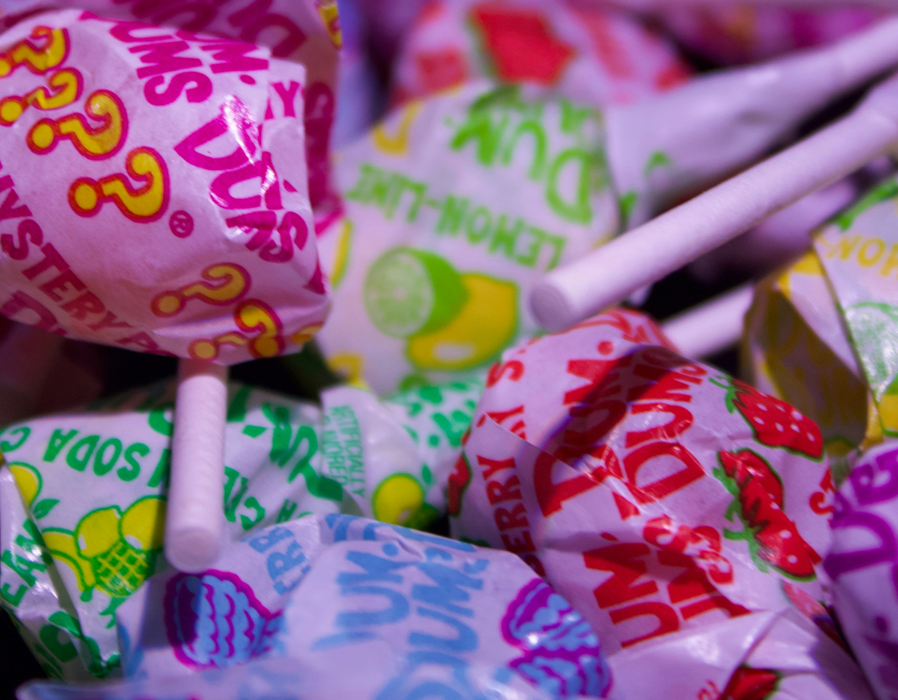October will be a wild, whacky ride in America. Not only is it a presidential election year, but American consumers are already preparing their Halloween decorations, costumes, and enough candy to sweetly forget about the impending political storm.
From The Donald to Taylor Swift to cackling Kamala, 2024’s batch of Halloween costumes will be something to behold. It will be expensive too: U.S. consumers are expected to spend nearly $12 billion on pumpkins, Skittles, and other “Halloween creep” this year, and that is actually down from a record-high of $12.2 billion in 2023 (score one for Bidenomics).
Why is Halloween such big business? Because Americans love it, and we’re free to spend as much as we want—whether our tastes run to the scary, the funny, or the cute. Halloween is the ultimate opportunity to spend money to express oneself, and, in the end (other than the terrifying dentist bills), it doesn’t really matter. Other than cranky old man Smithers in his abandoned mansion, no one’s really complaining either. You will never hear that Hershey’s should be limited in how much they can spend on ads, or that price controls should be imposed on decorations, and only the Childless Cat Ladies are giving out raisins.
But when it comes to spending money on something that does matter—the future of our country, and how much we allow the government to intrude into our lives—big spending suddenly becomes a big problem. And yet, by the end of this two-year presidential cycle, Americans will only have spent around $10.7 billion. That’s 10 percent less in two years than a single year’s Halloween!
Of course, part of that is market economics—we’d all rather spend money on ourselves and having fun than on politics—but the more that government oozes into every corner of our lives, the more Americans feel forced to spend, whether it’s to defend their rights, promote their preferred policies, or line their own pockets. The only real difference is that Halloween spending only gets chided by a few cranks, whereas political spending is inevitably attacked by whomever opposes the view it’s spent on.
Right on cue, congressional Democrats are once again peddling “campaign finance reform” that vilifies PACs (they don’t control), dark money groups (other than labor unions), and any other group of Americans looking to exercise their right to political speech. Democrats’ attacks on “misinformation” are really about silencing the ability—by anyone who isn’t part of their political establishment fundraising machine—to raise and spend money to promote ideas, stifling the speech the Left happens to oppose.
Of course, money in politics is only a problem when Republicans are the ones raising and spending it. When Kamala Harris raises hundreds of millions of dollars to make her radical leftism more appealing to the general public, you hear crickets from the anti-speech Left. When Harris outraises Trump four to one, as she did in August, you hear the same crickets. Ditto when Harris outspends Trump by 20 to one on Facebook and Instagram, as she did during the week of their presidential debate. Money in politics is good for democracy then, right?
The Left’s insistence on shutting down free speech and free association is spookily obsessive. But what is democracy if not the freedom to organize and communicate on behalf of your ideas?
As Team Kamala understands, meaningful communication with any hope of efficacy requires raising and spending money—lots and lots of it. Team Kamala plans to spend $1 billion to make her seem more likable and less disingenuous (good luck) with gibberish like “what can be, unburdened by what has been,” and that is their right.
On the other side, Trump will make his pitch, and American voters will decide whose set of ideas they support or oppose.
None of us are smarter than the market. It doesn’t matter how much you spend to sell new Coke or pumpkin spice M&M’s (seriously, yuk), or the candidate of your choice. In the end, there is no amount of money that will convince a voter to vote for someone they don’t want to vote for. Just ask the most-money-ever presidencies of Jeb!, Marco Rubio, Ted Cruz, Michael Bloomberg, and Hillary Clinton.
So, rather than try to silence political ideas, let’s allow the marketplace of individual voters to decide—because campaign finance restrictions are really only about not trusting voters. I trust American voters to get it right based on what they want for America.
If we win, we win. If we lose, we lose, but it’s the freedom to speak, associate, and decide that counts. That’s what makes us American.
Dan Backer is a veteran campaign counsel, having served more than 100 candidates and political action committees and overseeing more than $150 million in political spending over the past decade. He practices law as a member of Chalmers, Adams, Backer & Kaufman LLC.
